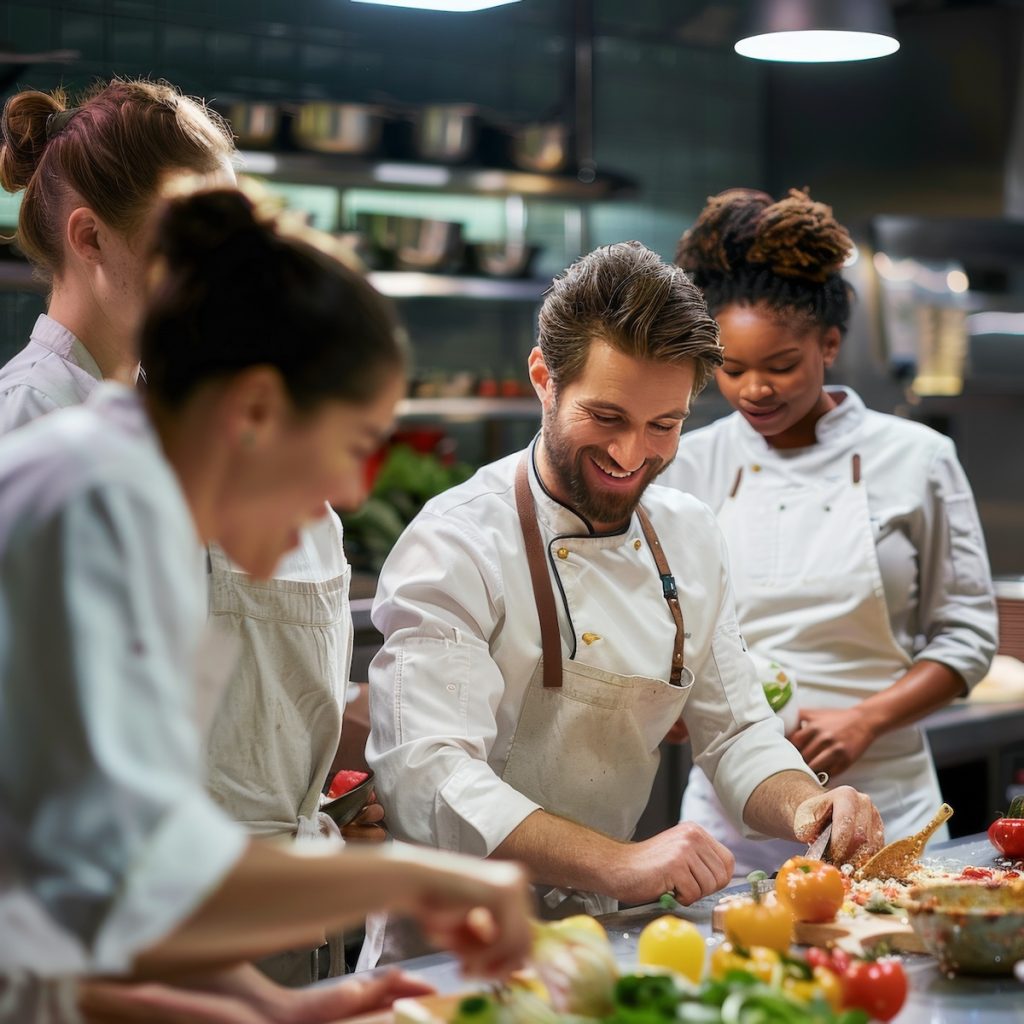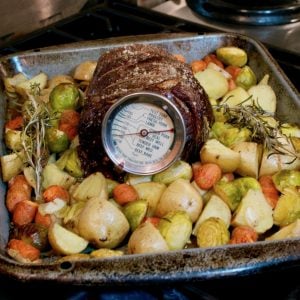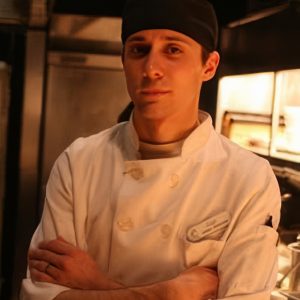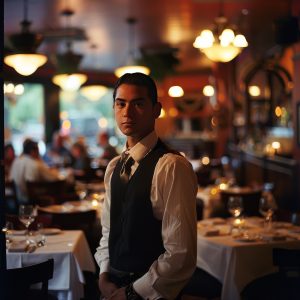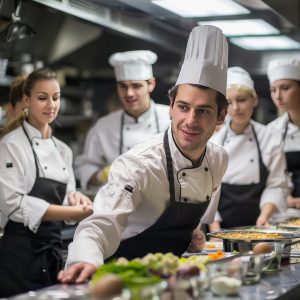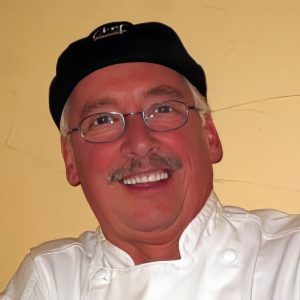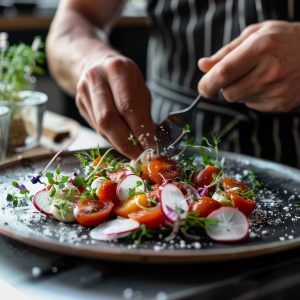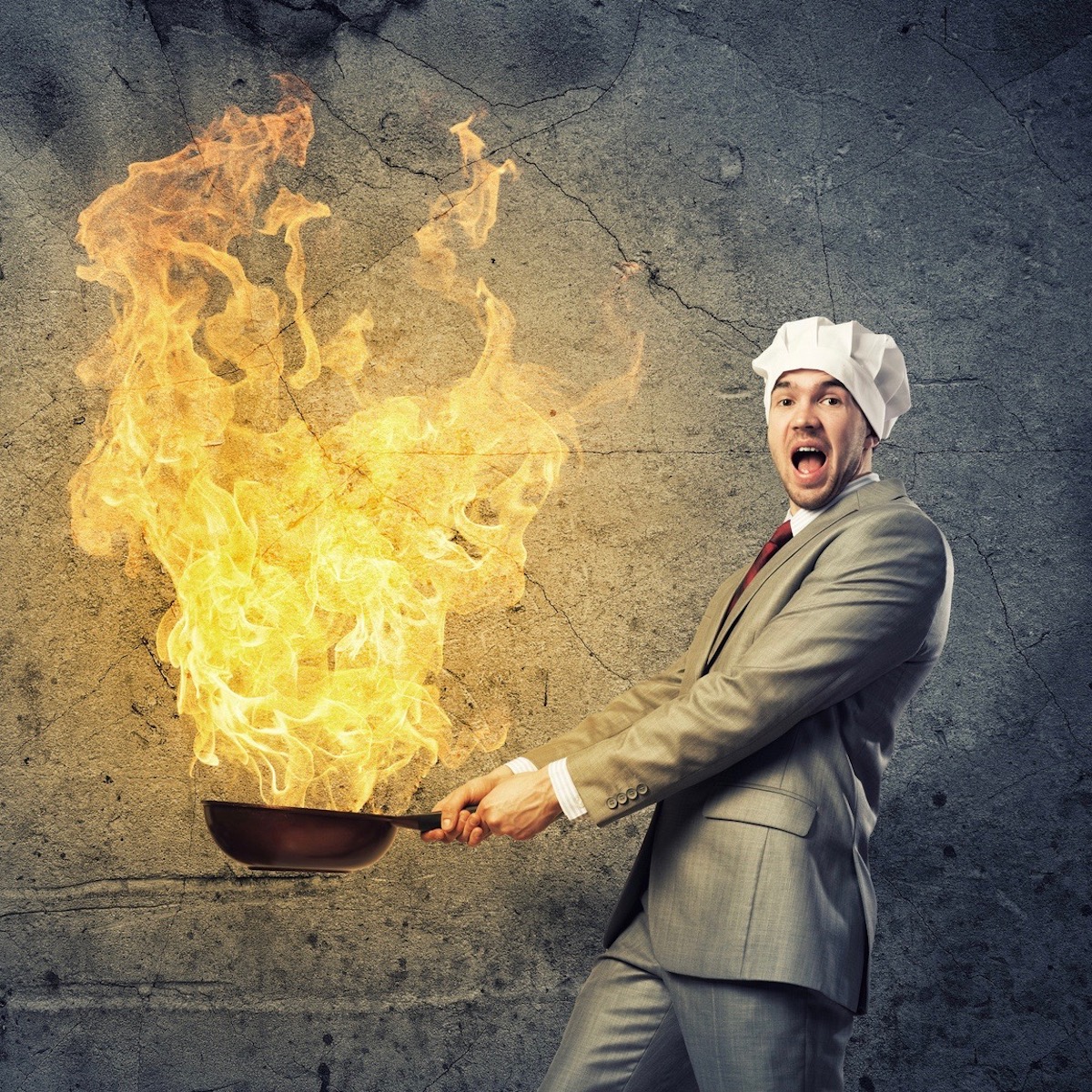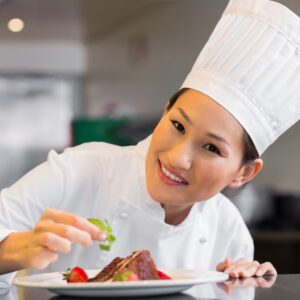How Does the 10,000 Hour Theory Apply to Cooking
The theory of 10,000 hours is a phenomenon that has been sweeping the way the world looks at success, and the culinary industry is no different. As more and more people strive to reach the top of the career ladder (whether that means owning your own restaurant, becoming a successful television personality, or getting promoted to Executive Chef), it is important to have the skills and expertise necessary to stand out from the crowd. One way to get there might be through a little hard work—10,000 hours of it, to be exact.
What is the 10,000 Hour Theory?
The 10,000-hour theory, popularized by Malcolm Gladwell‘s book “Outliers,” suggests that achieving mastery in any field requires approximately 10,000 hours of deliberate practice. This concept challenges the notion of innate talent as the sole determinant of success, emphasizing the importance of hard work, dedication, and focused effort.
Originating from research by psychologist K. Anders Ericsson, the theory posits that expertise is not merely a product of natural ability but is cultivated through consistent and purposeful practice. Deliberate practice involves pushing oneself beyond one’s comfort zone, receiving feedback, and continuously improving. It’s not just about the quantity of hours but the quality of practice that counts.
While the 10,000-hour benchmark has been widely debated and critiqued, its underlying message remains influential. It underscores the idea that excellence is achievable through persistence and resilience. Many successful individuals across various domains, from sports and music to business and science, attribute their accomplishments to years of relentless practice rather than innate talent alone.
However, it’s essential to recognize that the 10,000-hour rule is not a rigid formula for success. The amount of time required to master a skill can vary significantly based on individual factors such as starting age, learning ability, and the complexity of the skill itself. Moreover, other elements like mentorship, resources, and environmental factors can also play a crucial role in skill development.
In conclusion, while the 10,000-hour theory is a compelling framework for understanding the path to mastery, it should be viewed as a guideline rather than an absolute rule. It highlights the importance of dedication and effort in achieving greatness but acknowledges that a combination of factors, including natural talent, opportunity, and perseverance, shapes success. Ultimately, it encourages individuals to embrace the journey of learning and growth, recognizing that mastery is a continuous process rather than a destination.
What the 10,000 Hour Theory Means for Chefs
The 10,000-hour theory can be particularly relevant for chefs aiming to master the culinary arts. Like any other skill or profession, becoming a skilled chef requires significant time, practice, and dedication.
For aspiring chefs, the journey often begins with culinary school, where they learn the fundamental techniques, ingredients, and cooking methods. However, formal education is just the starting point. The real learning and mastery come from hands-on experience in professional kitchens, experimenting with recipes, flavors, and techniques.
Chefs who adhere to the principles of deliberate practice—constantly challenging themselves, seeking feedback, and refining their skills—are more likely to progress rapidly in their careers. This could involve working under renowned chefs, participating in cooking competitions, or continuously experimenting with new dishes and cuisines.
The 10,000-hour rule suggests that achieving the level of mastery required to become a top chef may take years of consistent practice. This includes not only cooking but also developing other essential skills such as menu planning, food presentation, kitchen management, and understanding the business aspects of the culinary industry.
Moreover, the culinary world is ever-evolving, with new trends, ingredients, and techniques emerging regularly. Thus, lifelong learning and adaptation are crucial for chefs to stay relevant and innovative in their craft.
It’s important to note that while the 10,000-hour theory provides a framework for understanding the path to culinary mastery, individual experiences can vary widely. Some chefs may reach a high level of proficiency in less time, while others may require more time to achieve their goals.
In conclusion, the 10,000-hour theory offers valuable insights for chefs committed to honing their skills and achieving excellence in the culinary arts. By embracing deliberate practice, continuous learning, and a passion for food, chefs can navigate their journey toward mastery with determination and creativity.

